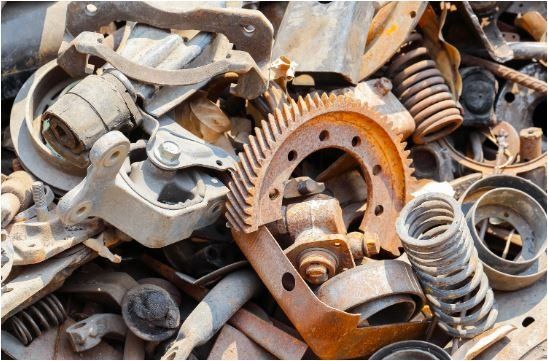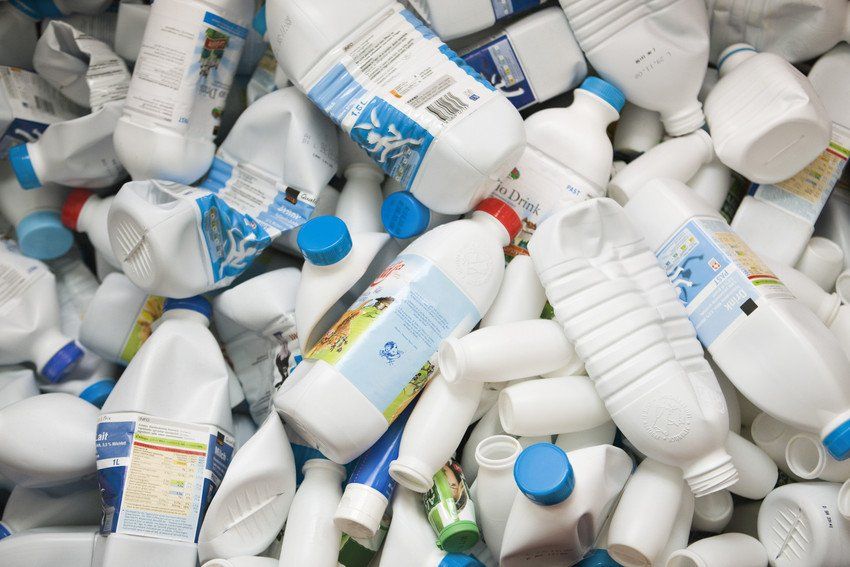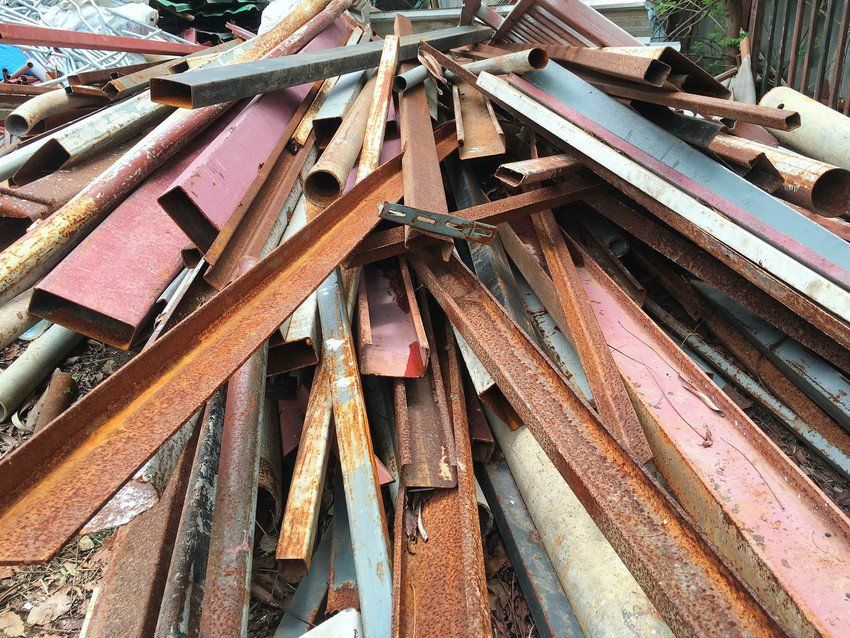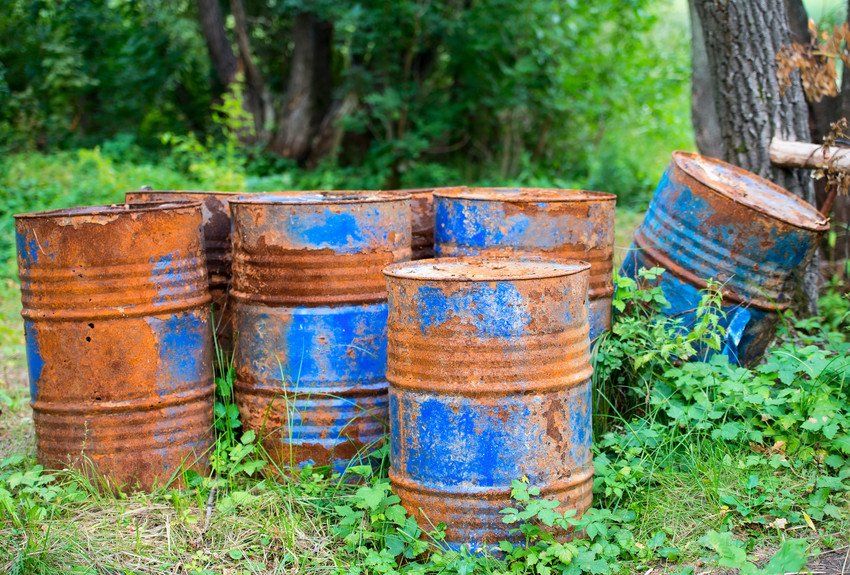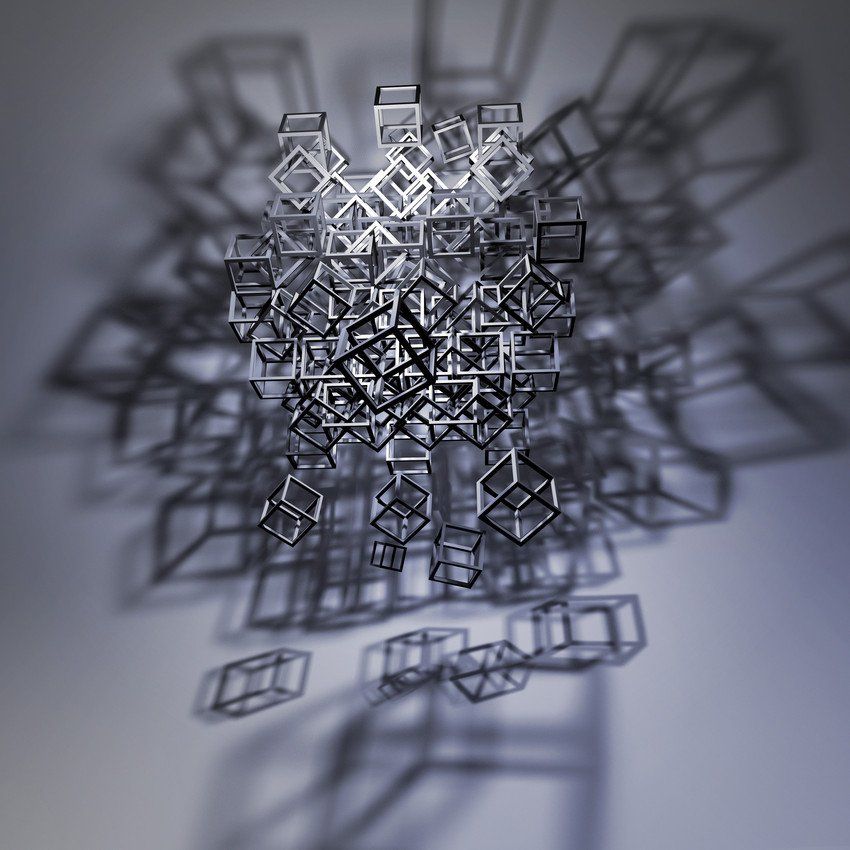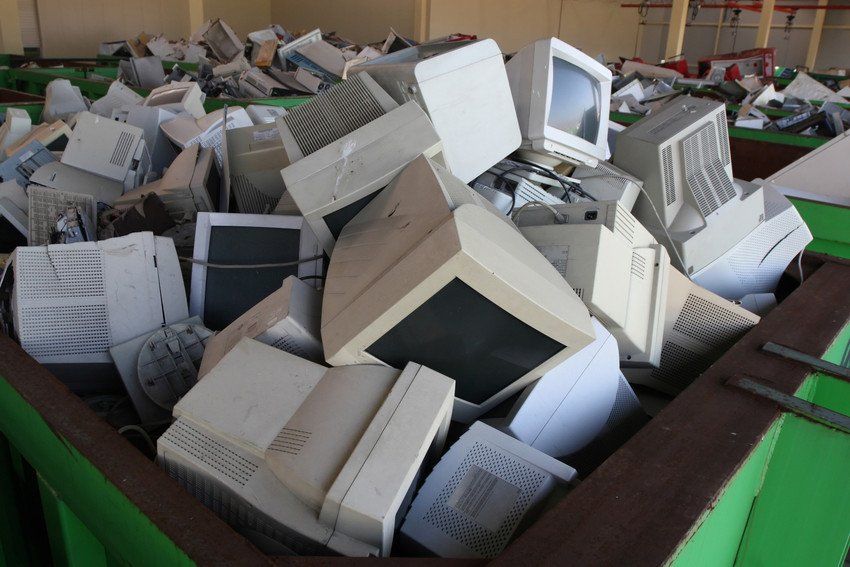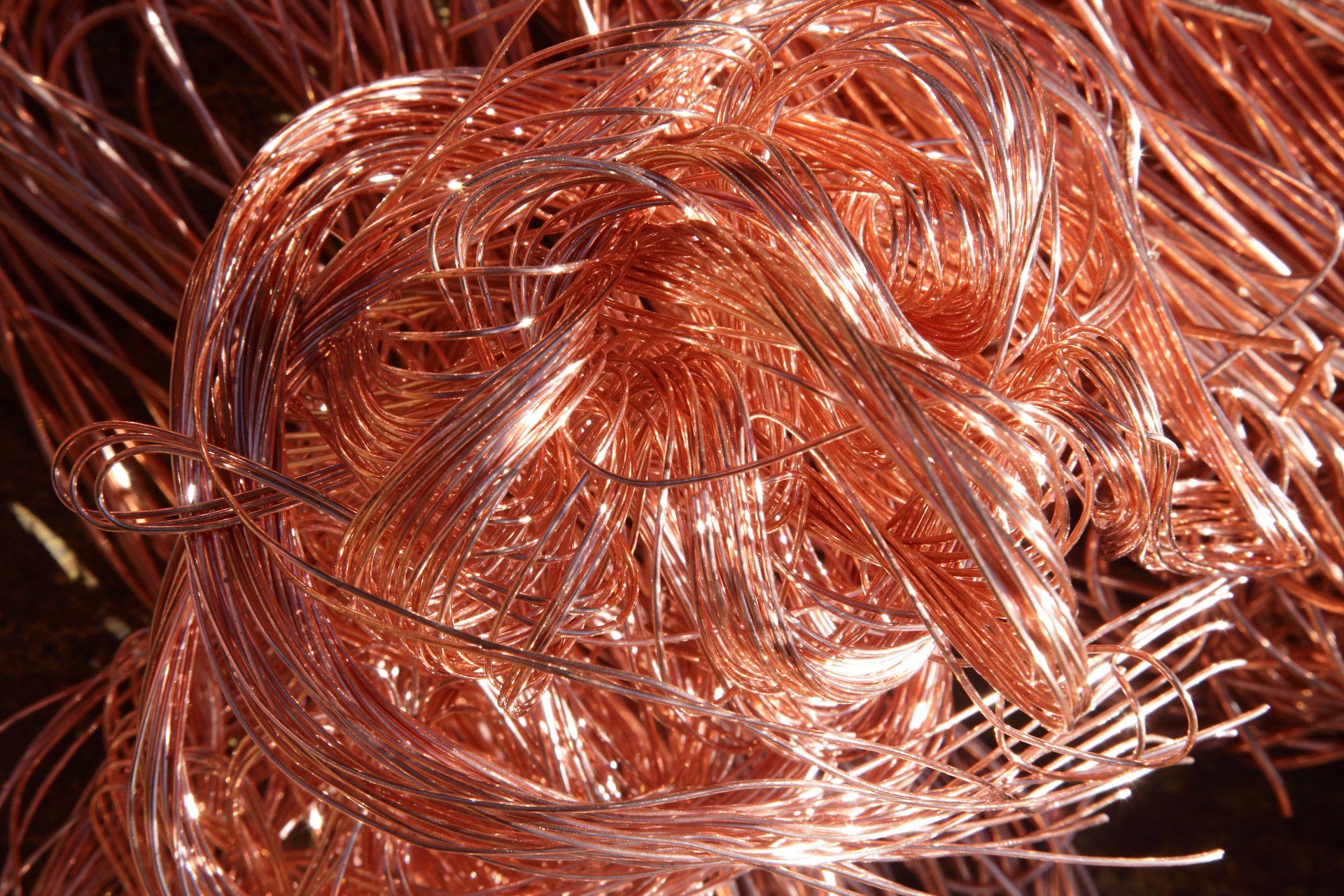How to Improve Your Recycling Efforts: From Metal Scrap Collection to WEEE Recycling
When you think of recycling, what do you think of? Chances are you are already recycling quite a few things and are already familiar with sorting paper, plastic, and tins from the regular rubbish. This is what most people think about when they think of recycling, but there’s actually a lot more to it. You can recycle far more than just a few household items.
Every item you send to recycling is one less item in the landfill. Since today’s landfills are filling up rapidly and are unable to manage the sheer volume of rubbish, it makes sense to find an alternative. Unfortunately, plastic has been around for a very long time and it won’t be disappearing any time soon.
Are you interested in improving your recycling efforts and giving back more to the environment? Read on for more ideas on how to do just that.
Scrap Metal Recycling is Better for the Environment
Scrap metal is something that most homes and businesses have around, even in small quantities, but it’s not likely to be recycled unless you actively take part in this. Large pieces of metal often end up in the landfill because it seems simpler to throw it out than to find someone to take and recycle it. However, the fact that you can be paid for scrap metal may change things for some people.
Scrap metals are often pulled out of things like cars, demolitions, and containers. These can be destroyed and broken down to pull out all the different pieces for recycling.
The main issue with metal is that it takes a very long time to break down. However, the metal itself isn’t always a problem, but the things it’s used in. A car, for example, won’t completely break down completely, but will rust away and the toxic chemicals will leach into the soil. By breaking it down into various parts, the toxic ones can be handled and the rest can be recycled, thereby protecting the environment.
What Are Recyclable Metals?
Most metals can be recycled and you can actually get money for this. If you have scrap metal that you’re interested in recycling, you can find a reputable scrap metal recycling company to take it and ensure that all environmental laws are being followed.
Metals for recycling can be classified as ferrous and non-ferrous. Non-ferrous metals include things like brass, aluminium, copper, bronze, and stainless steel. These all have to be handled the right way, so you can’t just toss them into the landfill. A metal scrap yard will often take these pieces.
If you have metal items that you want to recycle, but don’t have the means to haul them to a metal scrap yard, you can usually have them picked up. Even cars can be hauled away and you may even receive money for them, depending on the size and how far the items must be hauled.
Having someone take the recycling away for you means it’s that much easier to recycle. You just need to call for pickup and they handle the rest.
Electrical Waste and Recycling
WEEE recycling is something every business needs to be aware of. Most businesses have electronics that eventually break down and these have to be disposed of carefully or they can become an environmental hazard.
What fits under the WEEE (Waste Electrical & Environmental Equipment)? Here are some of the categories:
Household appliances: Large ones like dishwashers and microwaves and small ones like irons and clocks are all included. These are divided into large and small.
IT and telecommunications equipment: Anything to do with IT can be included, such as telephones, computers, printers, etc.
Lighting equipment: Any equipment that is used to illuminate, such as lamps.
Electrical tools: Electric screwdrivers and metres for measuring voltage, as well as other similar items.
Consumer equipment: This includes cameras, instruments, radios, and more.
Toys and leisure and sports equipment: Skis, game consoles, stationary bikes and similar items.
Medical equipment: Things like heart monitors, blood pressure cuffs, and other medical items.
Monitoring and control equipment: This includes smoke and carbon monoxide detectors, as well as thermostats.
Automatic dispensers: Anything that dispenses items such as coffee machines, vending machines and ATMS.
Display equipment: Televisions and computer monitors fall under this category.
Cooling equipment: Anything to do with cooling, such as air conditioning units and refrigerators.
Gas discharge lamps: This one is self-explanatory.
PV solar panels: Panels made from PV that can be mounted on the roof or on stands to collect the energy from sunlight.
All of these electronic products carry chemicals that are dangerous to the environment. When these electrical items are thrown into a landfill, they will leak out the chemicals and gradually poison the water systems and the earth. This can eventually get to our food supply and cause issues with both animals and humans.
Fortunately, there are ways to recycle these products, despite the many different materials found in these products, which include metal and glass, as well as gold, plastic, arsenic and lead.
Choosing Recycled Items
When you are making a purchase, you have the power to make a difference in the world. It’s not just about recycling what you have but using the products that are made because of that recycling.
Plastic, for example, can be reused again and again. You’ll find that many bottles for shampoo, water, and even juice are made from recycled materials. When you choose a new product for home use, check to see if it’s been made from these products.
Not only is using a recycled product a way to look after nature, it’s also a good way to reduce your carbon footprint. It shows that you find the environment worthy of protecting and is excellent for dropping emissions. It may not seem like a big step, but if everyone you know only purchased items packaged in recycled plastic, this would make an enormous difference in the world.
Every bit helps. Instead of choosing brand new items made with new ingredients, look for those that reuse. This not only supports recycling, it also reduces the amount of waste that is in our landfills. You can make a difference if you try.
Other Things You Didn’t Know You Can Recycle
It’s essential you are aware of what is recyclable and what is not. First, talking to a recycling company will give you a very good idea of what they can handle and what they can’t. However, they will also be able to point you toward places that can recycle what you have.
Water: While managing the water supply and how much people use is an important part of conserving this valuable resource, the UK is also well known for its methods of treating and recycling sewage into potable water. It may not sound like a good thing, but it is certainly better than running out of this precious resource.
Organics: Whenever you throw away that wilted lettuce from the refrigerator, it could be going to better use. Organic waste can be either composted on its own with other organic waste in large compost bins, or it can be given to worms for vermicomposting. Either way, the end result is a nutrient rich soil that can be used to help crops grow better.
Contact Lenses: Did you know that contact lenses can be recycled? Some programs exist where you simply send your lenses back to them and they will take care of recycling.
Tennis Balls: These popular sports items can be recycled to create brand new surfaces for new tennis balls that are produced.
Shingles: The roofing shingles you had removed are made of asphalt and can be used to pave roads that use bitumen.
CDs: Those old music discs can be used to create materials for building with and for the automotive industry.
Corks: Wine corks, cork boards, and other types of natural cork can be recycled into new pieces of cork.
The recycling programs necessary to recycle these unusual products aren’t available everywhere. However, it’s likely that the enthusiasm for recycling will continue to build as more and more products are being pulled away from landfills.
Without recycling, the earth will be filled with scrap metal and plastics, which are bound to remain for generations to come unless they are reused.
Are you ready to improve your recycling game?
Contact Broughshire Waste Metals to have your scrap metal picked up as soon as possible.
